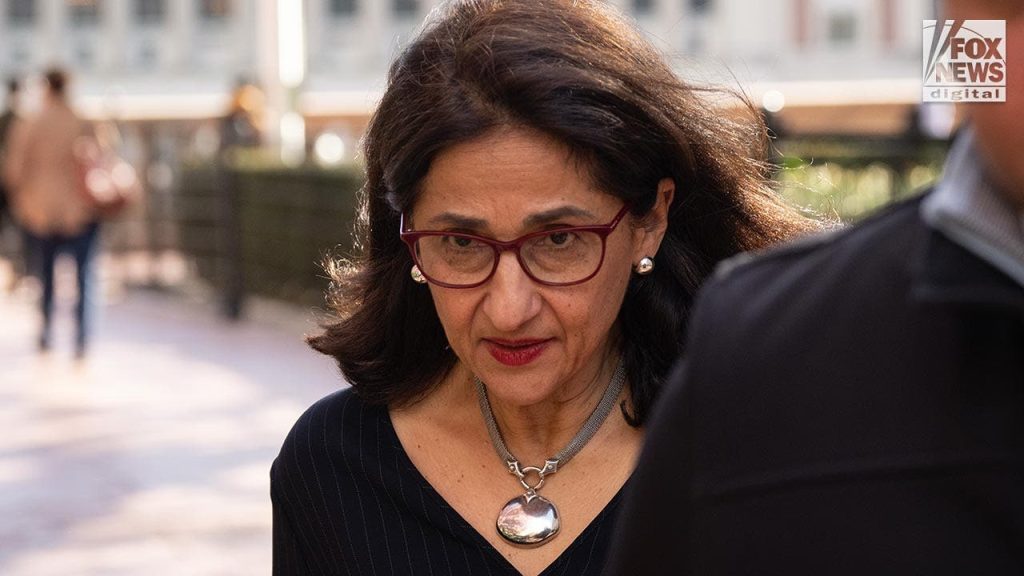The Columbia University Senate in New York City recently voted in favor of a resolution calling for an investigation into the school’s leadership amidst ongoing anti-Israel protests that have disrupted campus for over a week. The resolution, which was confirmed by a source within the school’s leadership, was adopted by a vote of 62-14, with three senate members abstaining. It alleges that Columbia President Minouche Shafik violated established protocols when she authorized the New York City Police Department to enter the campus and arrest protesters, accusing her of violating the due process rights of students and faculty.
Despite the resolution, the university senate does not have the authority to remove Shafik from her position, as it is the university’s policy-making body comprised of students, faculty, and administrators. The university stated that both the administration and the Senate share the goal of restoring calm to the campus so that everyone can continue their educational activities. The school is committed to ongoing dialogue and appreciates the Senate’s constructive engagement in finding a pathway forward. Shafik has faced increasing calls to step down, particularly amid the rise of antisemitism on campus and ongoing protests against Israel that have disrupted classes.
In response to the protests and criticism, Shafik expressed her deep sadness over the actions of agitators who have created an “encampment” on the campus, riling up students and faculty with anti-Jewish slogans and chants. The protest encampment was established on the campus lawn area on April 17, the same day Shafik faced criticism at a congressional hearing from Republicans who accused her of not doing enough to combat antisemitism. This comes after two other Ivy League presidents resigned following similar criticism during testimony before the same congressional committee. U.S. House Republicans from New York have urged Shafik to resign, citing concerns about the lack of a safe learning environment on campus as “anarchy has engulfed the campus.”
The situation at Columbia University has escalated as tensions continue to rise due to the anti-Israel protests and the spread of antisemitism on campus. The resolution passed by the university senate highlights concerns about the actions taken by President Shafik, as allegations of violations of due process rights have been raised. Despite the calls for her resignation, Shafik has stated her commitment to restoring calm on campus and engaging in dialogue with the Senate to find a way forward. The ongoing protests and disruptions have raised concerns about the safety and environment for students and faculty, prompting reactions from lawmakers and university stakeholders calling for action to address the situation.
The developments at Columbia University underscore the challenges facing university leadership in addressing complex issues related to free speech, campus safety, and political activism. The protests and anti-Israel sentiment have raised questions about the balance between upholding academic freedom and fostering a safe and inclusive learning environment for all students and faculty. Calls for accountability and transparency in decision-making at the university have fueled discussions about the role of administrators, faculty, and students in shaping campus culture and responding to contentious issues. As the situation continues to unfold, stakeholders are closely monitoring how the university leadership navigates these challenges and works towards reconciliation and resolution.


